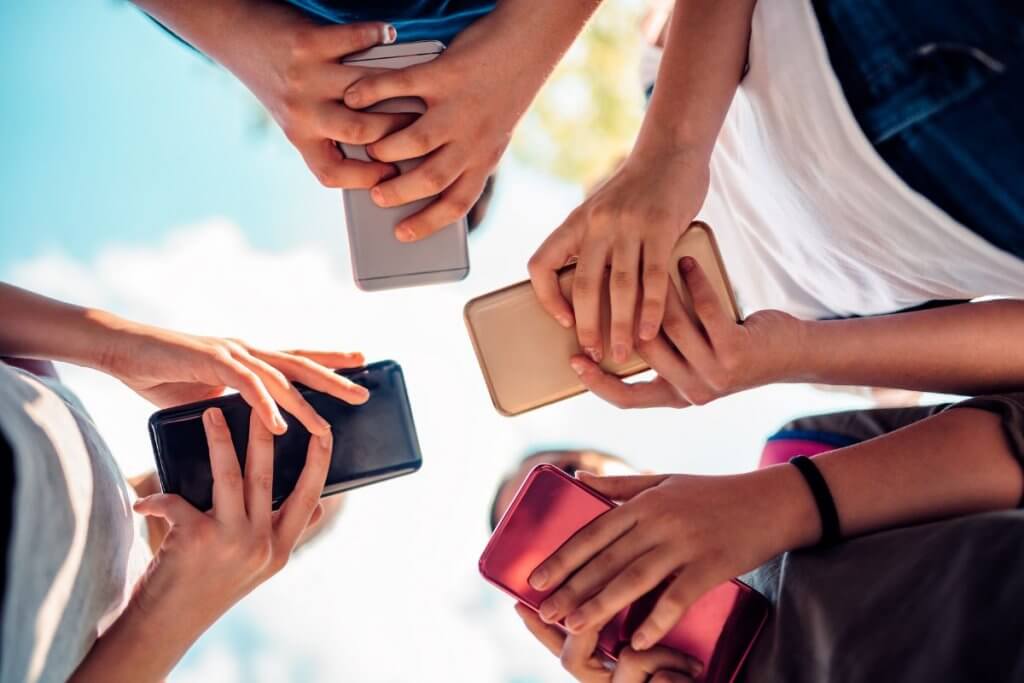By Margherita Dall’Occo-Vaccaro
Social media has become an ever-so-accessible form of advocacy, with art and infographics shared and emphasised on important days. Influencers and advocates can share their human rights endeavours in the easiest way possible, and it’s never been easier to participate in big acts of performative activism.
I could write a whole piece being an old grump where I go on about how social media has changed the advocacy landscape, but I do see the benefits. Social media allows people from all walks of life – especially those with disabilities – to share their stories, their experiences and bring light to new issues. I am constantly surrounded by my community, and I’m able to share their successes and celebrate their wins together.

On the other hand, I’m also constantly surrounded by calls to action, by wrong infographics, by inaccessible asks. I’m not here to harp on about how social media is bad – in fact, my screen time analytics (or as my phone calls it ‘digital well-being’) would show that I absorb significant amounts of media each day. Instead, I want to think about how easily it is to not only share the positives, but share the negatives, but further, how easily it is to get caught up in thinking that we’re bad feminists, or not doing enough, not being leaders in our community, not supporting others to be leaders.
Is the performative nature of this social media activism redefining what it means to be a leader in the digital advocacy space? Is it only someone with a large following – who is loud and proud on key advocacy days – who can create change on their own and “do it all”?
In reflecting on how social media is changing the advocacy space, and who we consider ‘leaders’, I took a moment to think about the local leaders IRL (in real life). The young people and advocates who work tirelessly in their communities, who are seen as only starting out in their leadership journeys who perhaps don’t carefully curate every step of their journey on social media.
With International Women’s Day coming up and about a thousand invites in all our inboxes, I always think about how and what we consider a ‘leader’. Think about our communities, and the work that people do to advocate for change, whether it’s talking to your family and friends about an issue, being on an advisory committee or being the leader of a board – this work is not only important, but inspiring and necessary. So many are leaders in their communities, not because they are particularly highly recognised or have a large following online, but because of the time they put in and because of the little things they make others notice online and IRL. This isn’t the stuff that attract the most likes or follows, but it is the stuff that makes a difference.
In the disability community, thinking about leadership in this way is particularly important. So often, I get stuck in the cycle of wondering if I’m doing enough, if I’m posting enough about certain issues, if I’ve talked about something enough.
And then I realise that not only are we leaders in our own right, but that leaders can be leaders even without taking the traditional path, without being highly recognised, networked or in this new day and age, with a big online presence.
Now, more than ever, we need to remind ourselves that not only is rest and recovery important and valuable to ourselves, but that we are valuable leaders even through small acts of resistance.
Margherita is a migrant, queer, young woman with a disability who currently lives on Ngunnawal Ngambri country. Margherita is a young disability and intersectionality advocate who is committed to work that supports and fights for the rights of young people with disabilities and other intersecting backgrounds. She advocates from her own lived experience and the communities she is immersed in.




